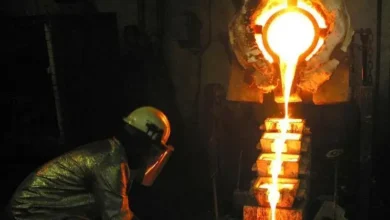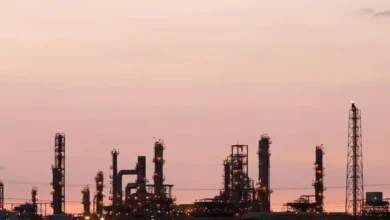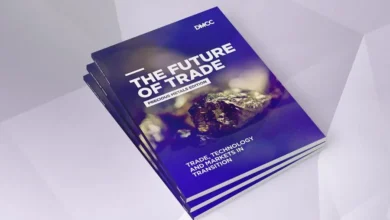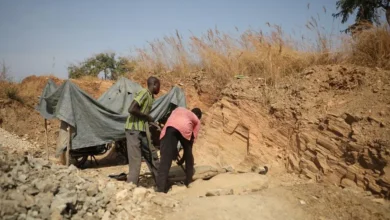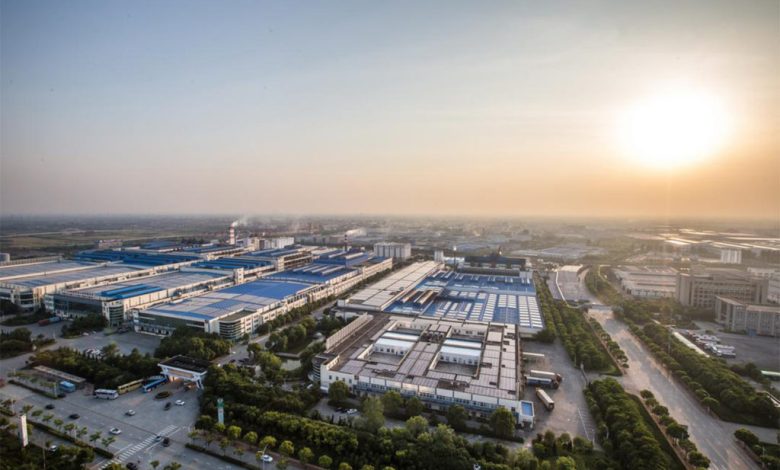
Executives of metals and mining firms said this week they are “confused” by the many different standards on environmental, social and governance (ESG) and hope there will be price premium for their products if they meet those standards in future.
“There’s no unified ESG standard for us to follow,” said Bryce Lee, a director at Zhejiang Huayou Cobalt Co. “Generally we know the direction, but when it comes to the daily implementation of the detailed standards, procedures and assurance processes, we are facing a lot of requests.
“This really confuses us. But not only us. Some of the downstream customers are also confused,” Lee told a seminar hosted by the London Metal Exchange (LME) in Hong Kong on Thursday.
Meeting ESG standards is increasingly important for companies because of growing pressure from their customers, governments and consumers to reduce harmful behaviour. But those standards are set by a number of different organisations globally.
China-based Huayou operates largely in the middle stream of the electric vehicle (EV) supply chain and produces chemicals that go into EV batteries. The company has a large operation in Indonesia, the world’s biggest nickel producer.
Lee said it is a challenge for companies in the middle of the supply chain to request their suppliers – the miners – to comply with ESG requirements from their clients, such as car makers, because the rules are not always mandatory at the miners’ location.
No premium
Even though Huayou had benefited from a better reputation for complying with certain ESG regulations, Lee said there is no premium for lower-carbon EV battery materials.
“I don’t see any pricing credit for people who have done it or who have the commitment to do it. I hope the market … pays a bit more premium for Huayou’s minerals like cobalt and nickel because we do a lot of ESG work,” Lee said.
Huayou is able to reduce up to 90% of carbon emission per nickel metal ton produced by switching to the High Pressure Acid Leach process (HPAL), from the Rotary Kiln-Electric-Furnace process (RKEF), which largely uses coal as the power source.
Some 70% of Huayou’s HPAL power needs can be sourced from the waste heat generated by its acid plant, Lee said.
Indonesia is considering terminating permits for RKEF smelters.
Speaking at the same seminar, Ryan Wen, a sustainability manager at the International Tin Association, said the main barriers for his industry in meeting ESG standards include “high costs, supply disruption risks, lots of misunderstanding … and limited practice”.
Muchtazar, a sustainability manager at Nickel Industries, said: “Sometimes it is too much, but somehow we have to identify what is the most important. Meeting these requirements give us competitive advantage in the present.
“For the future, we think the premium in nickel and minerals will come. We want to be ready when it happens,” he told a separate seminar, hosted by the Shanghai Metals Market, on Wednesday.

